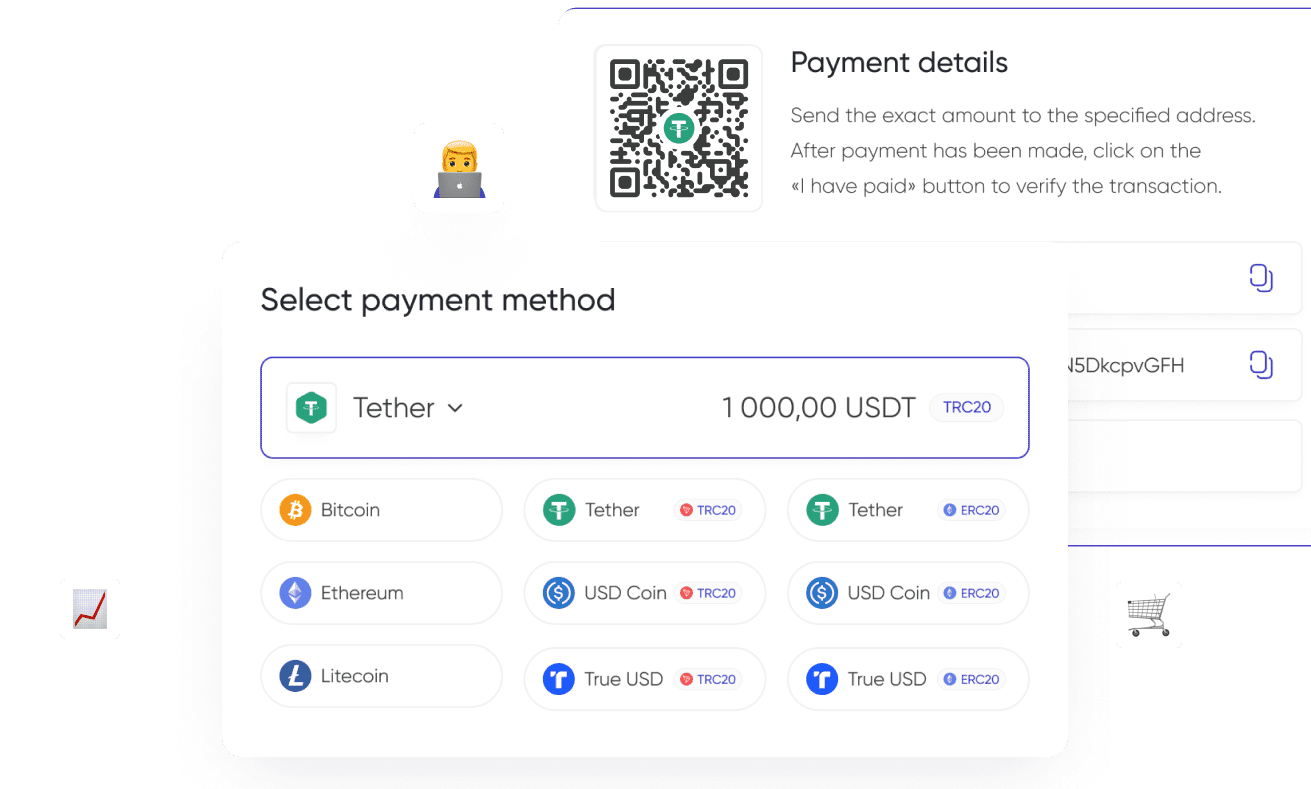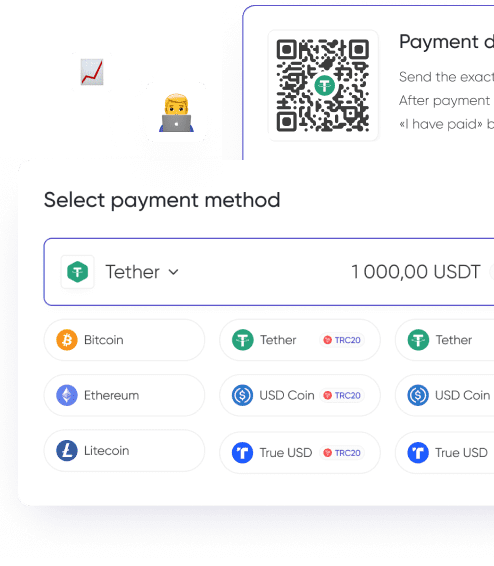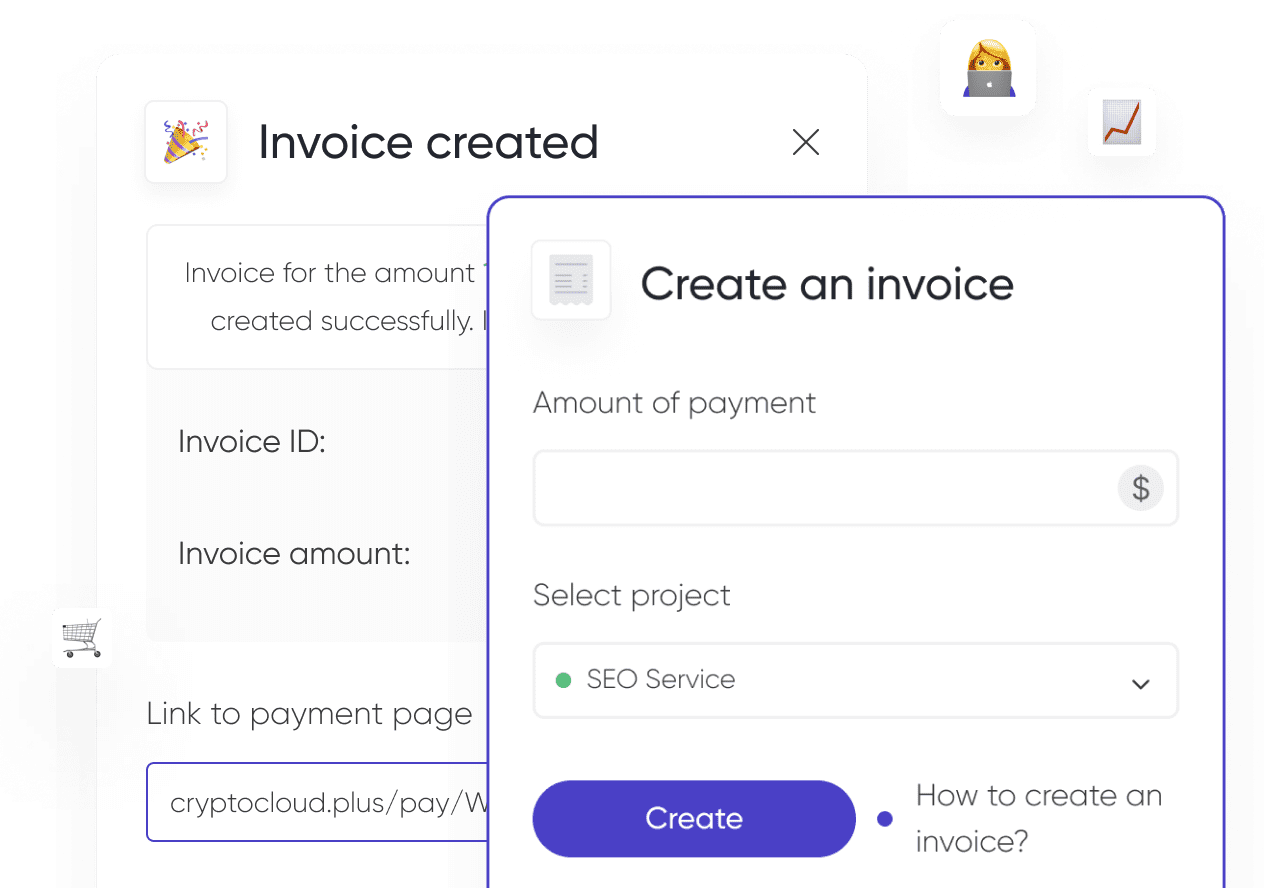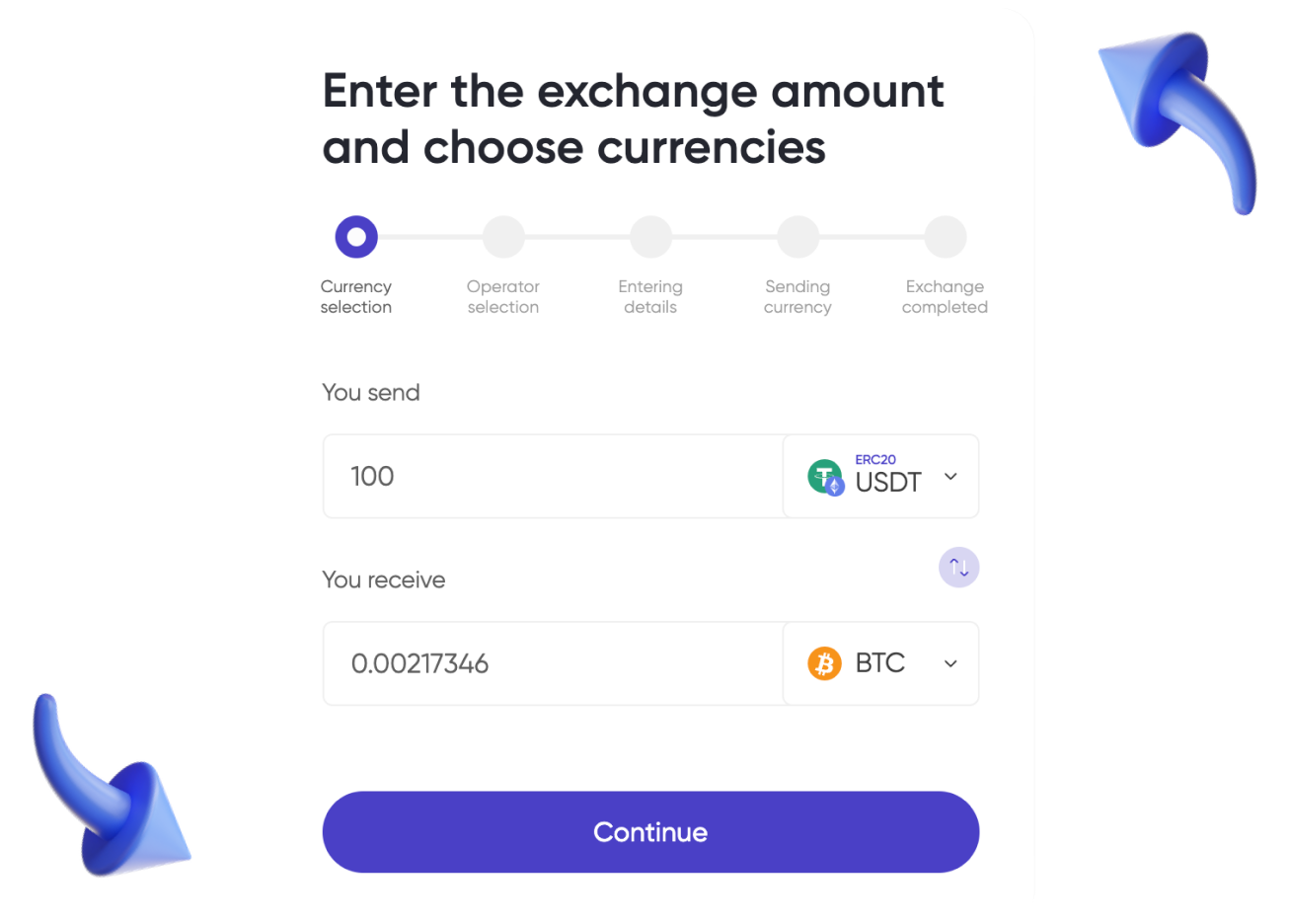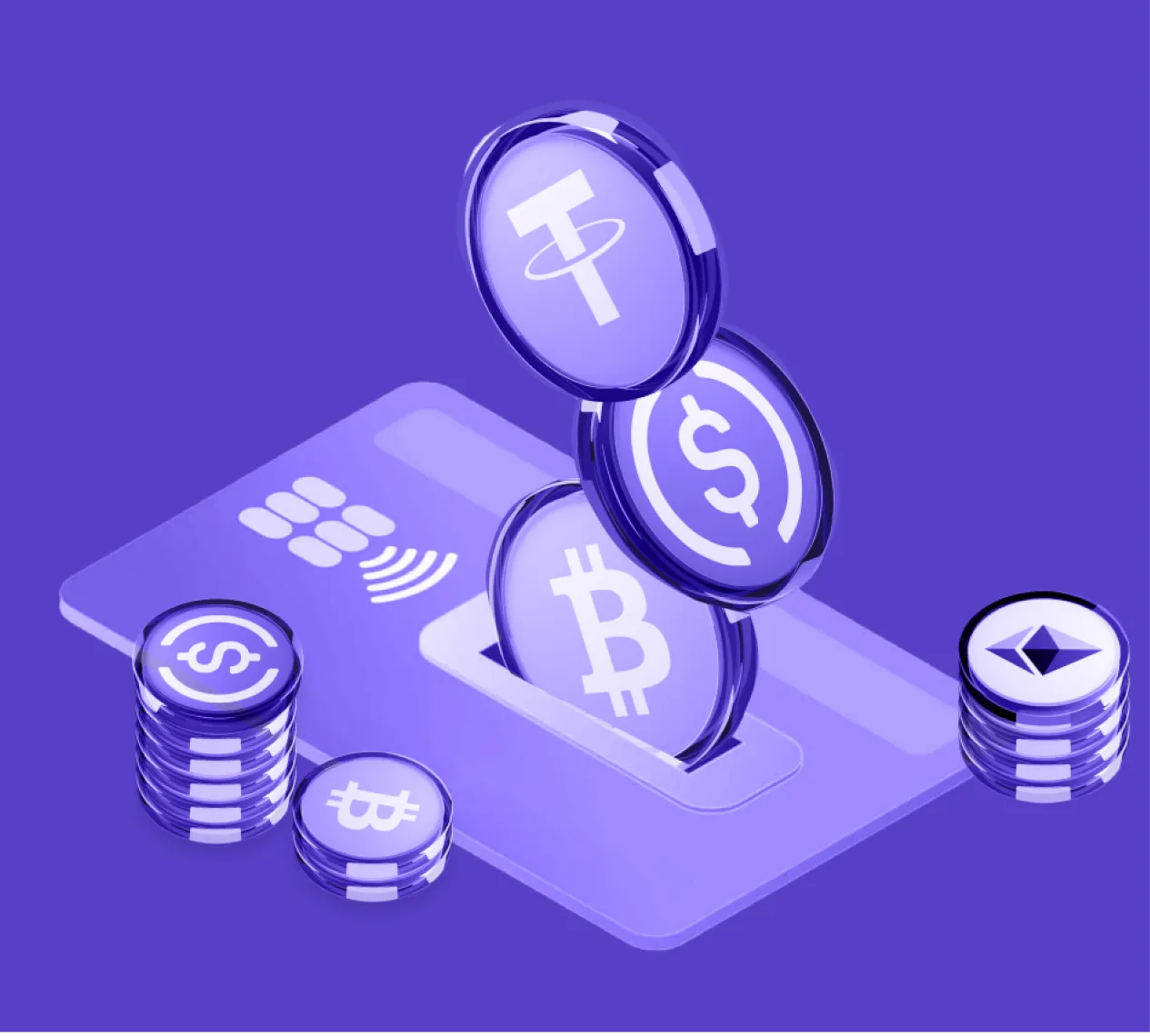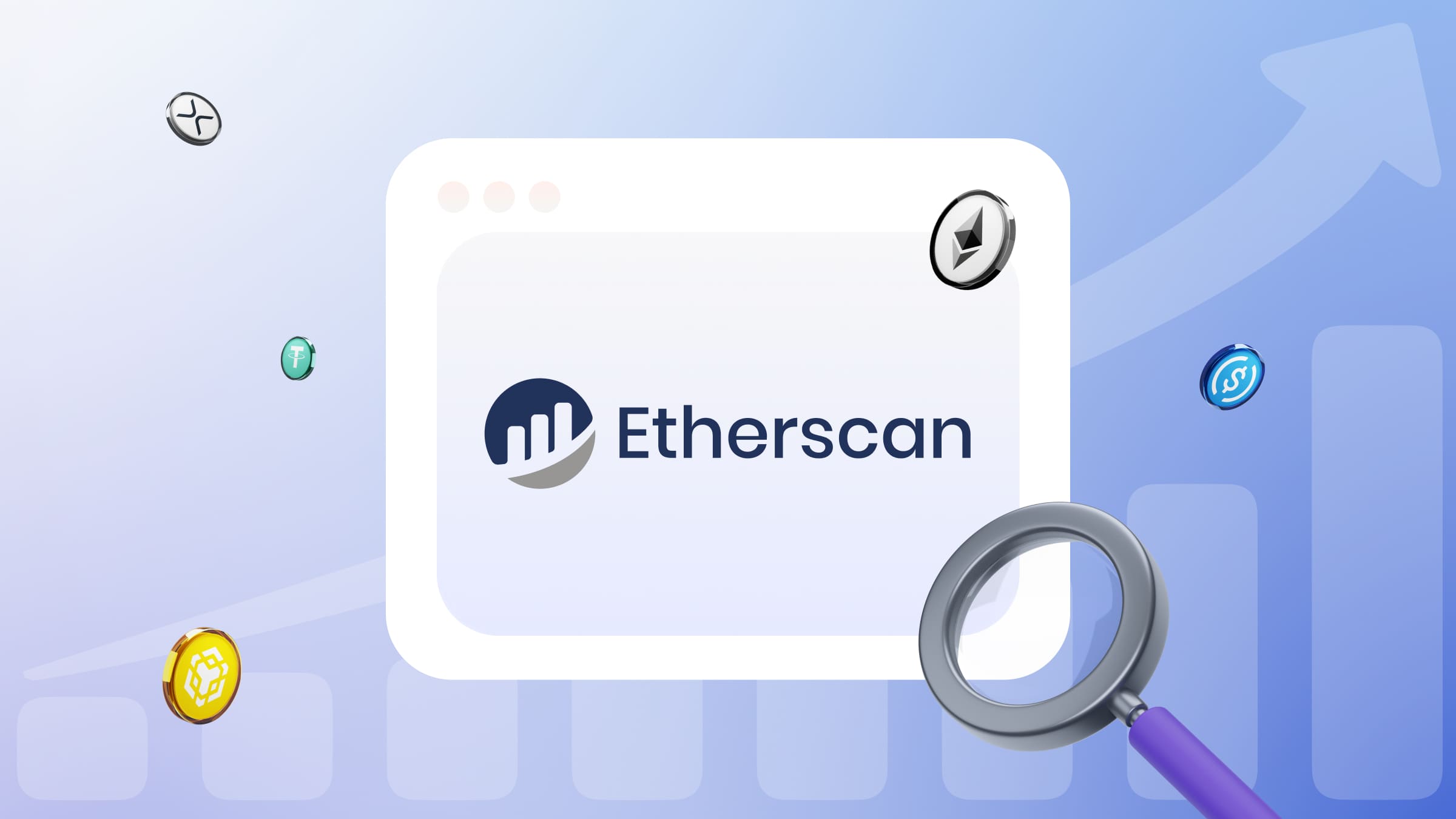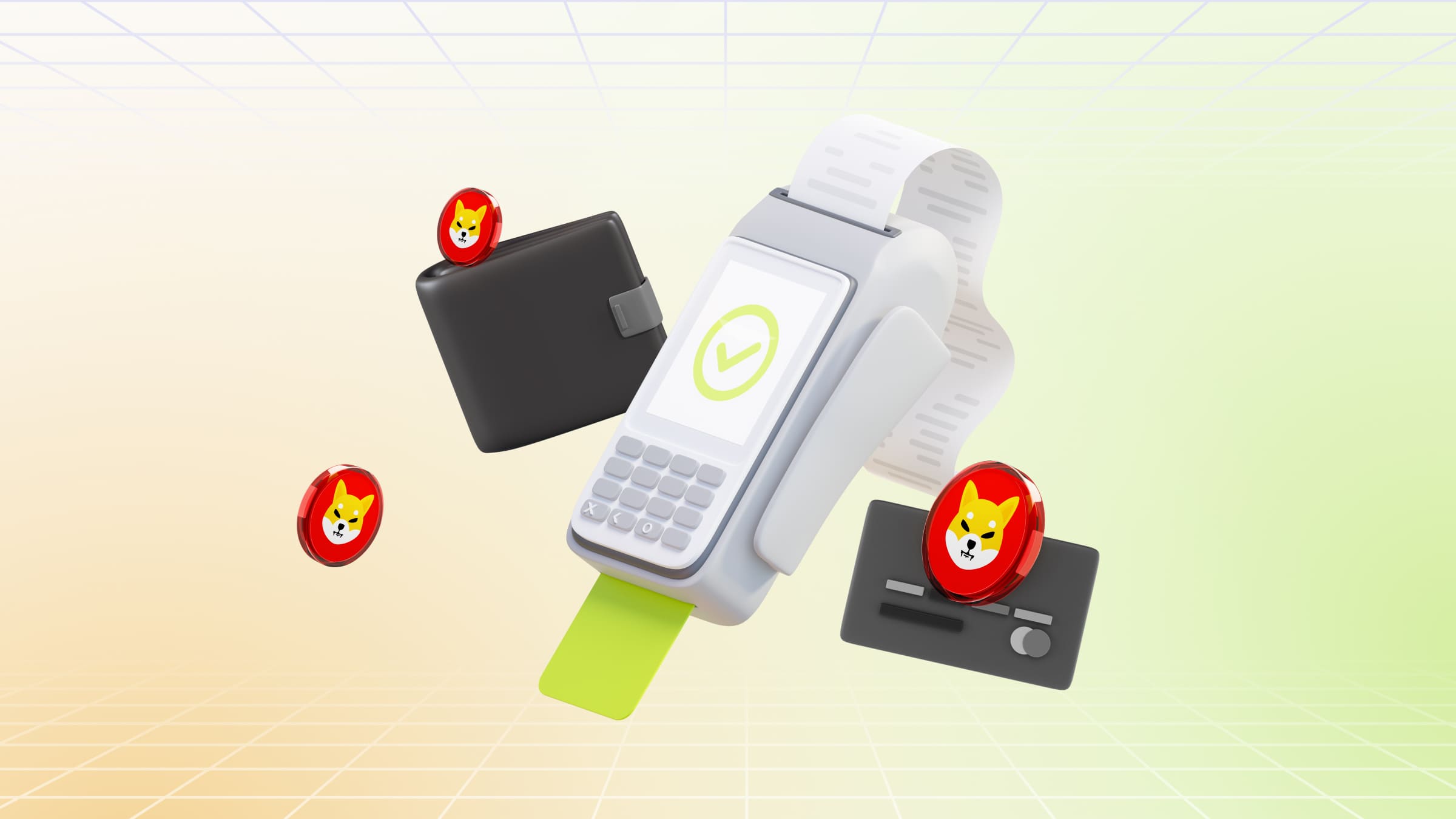P2P transactions are becoming an increasingly popular way for users to exchange cryptocurrencies. This format provides participants with flexibility and the ability to choose their own transaction terms, which is especially appealing to crypto enthusiasts.
P2P trading allows you to save on commissions and flexibly choose the transaction terms. However, like any other way of exchanging assets, it involves risks. In this article, let's consider what P2P fraud is, its common schemes, and offer tips on how to protect from scam.
Features of P2P Trading
P2P (peer-to-peer) trading is a method of asset exchange in which the participants in a transaction interact directly with each other without the involvement of intermediaries such as exchanges or financial institutions.
The basic principle of P2P is that each participant can offer their own terms of the transaction and the other can agree to them or offer new ones. This makes P2P trading one of the most flexible ways to exchange cryptocurrency.
One of the main advantages of P2P platforms is the ability to bypass the high commissions typical of centralized exchanges. For example, on major crypto exchanges, users can save significant amounts on transaction fees when making direct transfers via P2P.
In addition, P2P exchanges offer convenient payment methods, from bank transfers to various e-wallets. This expands the possibilities for users who want to buy or sell cryptocurrency in optimal conditions.
However, despite the pros of P2P trading, this method of exchange is not without risks. When transactions are made directly between users, the absence of an intermediary can be a fertile ground for fraud.

What Is P2P Fraud
P2P fraud is a set of scenarios in which criminals exploit the trust or carelessness of users to steal funds or data.
The main problem is that in P2P transactions, participants interact directly with each other, which creates a risk of falling for criminals who use various P2P fraud schemes to defraud their victims.
Most commonly, these schemes are aimed at swindling money or data, which is then used for illegal purposes. Due to the lack of intermediaries and regulation on P2P platforms, users may find it difficult to get refunds or resolve disputes.
Types of P2P Scams
Those wishing to sell or buy currency on P2P platforms run the risk of encountering more than a dozen money grabbing schemes. It is unlikely that you will be able to memorize all of them, but we still recommend familiarizing yourself with at least the most common ones.
Triangle
Usually, cryptocurrency is transferred from one person to another in a P2P way without the intervention of intermediaries. But scammers have devised a way to interfere in other people's transactions without authorization. First, the criminal creates a request to buy digital currency from one of the regular users of a P2P platform.
Then, posing as a seller, he looks for the victim, arranging with him to prepay for one or another product/service on third-party resources, and specifies his own data as an account for accepting funds.
Phishing
Phishing is a common Internet fraud scheme in which an attacker sends fake links or emails to a user in order to steal their data.
In P2P commerce, phishing can manifest itself in the form of fake websites that copy real platforms through which fraudsters gain access to users' personal data.

Fake SMS about transaction completion
Usually, the user is additionally notified about crediting funds to the balance. Some scammers try to fake the message that confirms the P2P transfer. The calculation is that an inattentive user will not notice the differences and will recognize the transaction as completed.
E-mail notifications can be faked in an equivalent way. They are sent from a similar official address.
Fake tech support employee
Fraudsters often pretend to be representatives of the P2P platform's support team. Under the pretext of solving problems with the transaction, they ask the user to provide access to the account or other confidential information to further steal funds.
Mediator
This is not quite a standard P2P scam, but it is also a very unpleasant phenomenon. A regular exchange user makes a deal with an exchange participant who obtained his funds illegally (scamming, selling weapons, drugs, etc.)
As a result, the user of a P2P platform is made an unwitting accomplice in the laundering of illegal proceeds.
Refund of payments
In this scheme, the scammer abuses the chargeback function, trying to get back the amount already transferred to your account. After a successful transaction, the buyer sends payment to the seller, but then contacts the bank or payment processor to cancel the payment. As a result, the seller loses both money and cryptocurrency.

Overpayment
A P2P scam that involves transferring a much larger amount of money to you than agreed upon. The attacker offers to buy an asset at a favorable price, but accidentally overpays, asking you to return the difference. Once it is returned, he cancels the original payment, leaving the victim without funds.
How to Not Become a Victim of Scam
To avoid P2P scams and avoid falling victim to scammers, follow these tips:
- Use trusted services with scam protection. Choose platforms that provide safety mechanisms such as deposit accounts, user verification and reviews.
- Check the statistics and reviews of the other party to the transaction. Always pay attention to the other party's reviews and statistics. The more successful trades a user has, the less likely they are to be scammed.
- Do not respond to offers that are too lucrative. If a deal seems very lucrative, it is probably a scam. Be wary of offers that are highly out of line with market conditions.
P2P Trading Scams
Users can buy cryptocurrency through P2P with minimal costs. This is a convenient and flexible way to exchange assets, but there are certain risks associated with it. By learning the main P2P fraud schemes, you can protect yourself from losses and safeguard your funds.
Remember the importance of using trusted platforms, carefully studying the statistics of other participants and avoid too tempting offers to avoid becoming a victim of scammers.







